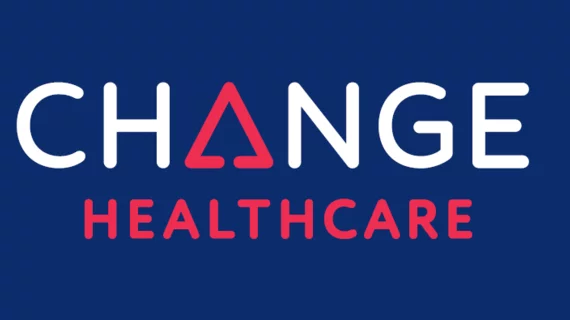Change Healthcare partners with Microsoft, Adobe on new engagement platform
Nashville, Tennessee’s Change Healthcare has announced a collaboration with tech giants Microsoft and Adobe on a new patient engagement solution—one that Change promised would unite “engagement orchestration proven to work in consumer marketing with industry leading healthcare IT across the continuum of care.”
Change’s contribution will be its enterprise blockchain technology, the Intelligent Healthcare Network, which the company said in January was processing up to 550 transactions per second and more than 50 million claims daily. It will be leveraged in a new “joint solution” with two cloud-based services from the tech companies—Microsoft Azure and Adobe Experience Cloud—which Change said will be able to gather consumer data from many IT sources like health records, scheduling and billing.
“This unique collaboration is all about helping our customers put the consumer first,” Neil de Crescenzo, president and CEO of Change Healthcare, said in a press release. “Bolting transactional features onto portals can't provide the frictionless, end-to-end experience consumers want. That ideal can be met only when providers can infuse and orchestrate intelligence into touchpoints across healthcare's administrative, clinical, and financial continuum.”
The end product, Change said, would analyze results from patient engagement in the same way retailers find out how they’re reaching consumers. The goal wouldn’t be to sell a product, the press release promised, but to “help provide a better healthcare experience.”
"As a multi-specialty clinic with urgent care, we are on the forefront of consumer trends in healthcare," John R. Kaiser, MD, president of Saltzer Medical Group, said in a statement provided by Change Healthcare. “Our patients want the digital tools to simplify and improve their healthcare experience, so it is critical that we bring them the best experience—connecting and simplifying each step in their healthcare journey to improve their lives. Helping them better understand what they need to know and do, and making it easier, can only lead to great outcomes for our practice.”
Patient engagement is often cited as a top priority by C-suite leaders in healthcare. A 2017 report from Kaufman Hall, however, seemed to indicate they’re not backing up all that talk with action. Out of more than 125 hospitals and health system rated into four tiers on their level of consumer engagement, only 8 percent were ranked into the top tier.

